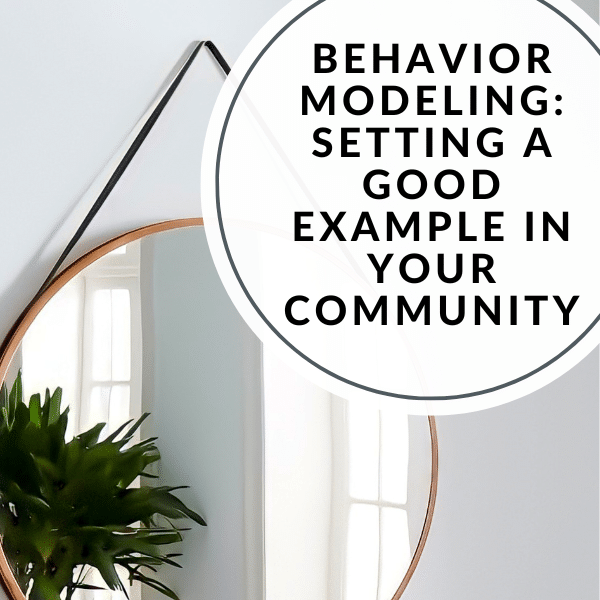What is behavior modeling and how does this affect sentiment in communities?
First, let’s explore behavior mirroring. Do you ever notice how some of us tend to take on the quirks and mannerisms of others – or mimic each others words? This behavior is known as mirroring in which we subconsciously imitate expressions, speech, or actions of others. It is a thoroughly studied psychological concept, so we know that such behavior often manifests as a way to learn vicariously, build rapport and facilitate interactions in unfamiliar environments. Essentially, we are acting as chameleons – blending into our environment to observe, increase our relatability and keep safe. (Chartrand and Bargh, 1999)

Given that this behavior can be found in abundance in all sorts of daily interactions, it comes as no surprise that the “chameleon effect” is observed in online interactions as well. For example, we see mimicking in social networks with the rapid adoption of jargon as participants use hashtags and acronyms. It explains why acronyms such as “bae” (before anyone else), “smh” (shake my head), and #tbt (throwback Thursday) quickly spread and are adopted as common expressions with unprecedented speed online.
Communities also see mirroring, but the effect is more subtle. Have you noticed that once one person starts ranting, it feels like the rest of a group joins in? Or when one person posts a complaint, suddenly a dozen more appear? It is mirroring, and it becomes a feedback loop. The more people exhibit a behavior, the more it is copied.
How can you use behavior mirroring to your advantage? Become a model for the behavior you wish to see.
Encourage community staff and other employees to interact with members in a positive way use the “mirror” to engage in behavior modeling – exhibiting the positive behaviors you wish to see in the community.
Here are three simple behavior modeling techniques:
- Post in the tone you want to see from others. This means maintaining a positive and neutral tone whenever possible even when the conversation is frustrating or confusing. Use the type of language you want to see in the community.
- Say thanks. If you see a member posting a great question or providing an answer, let them know you appreciate it. Say “thank you” for good contributions to the community.
- Freely giving likes to those who deserve it. Thrilled to see a “thank you” or “that helped”? Like it. See a great answer provided by a peer or customer? Like it.
The techniques proved to be good practice for community staff, but more importantly, they set a good example for members. Once you actively engage in behavior modeling techniques, you’ll start to see more and more positive member interactions with community staff, which in turn led to more positive interactions by employees. Instead of a negative feedback loop, we created a positive one.
This advice was published in our community case study Improving Community Sentiment. You can download your own copy here.
